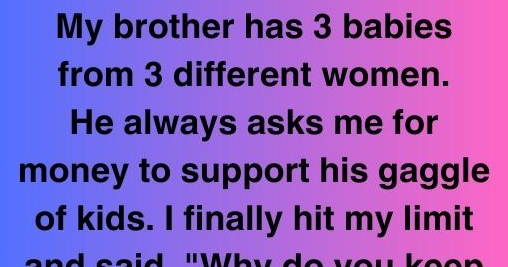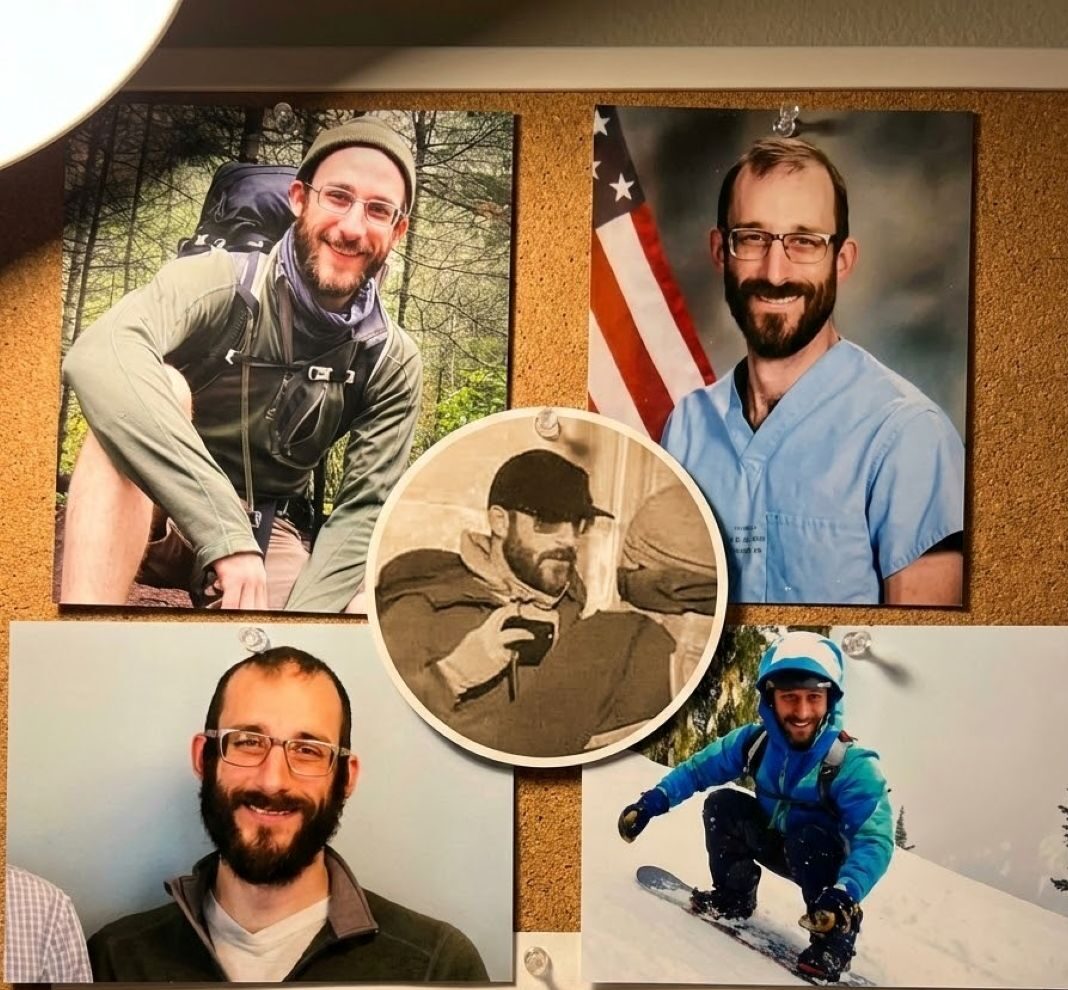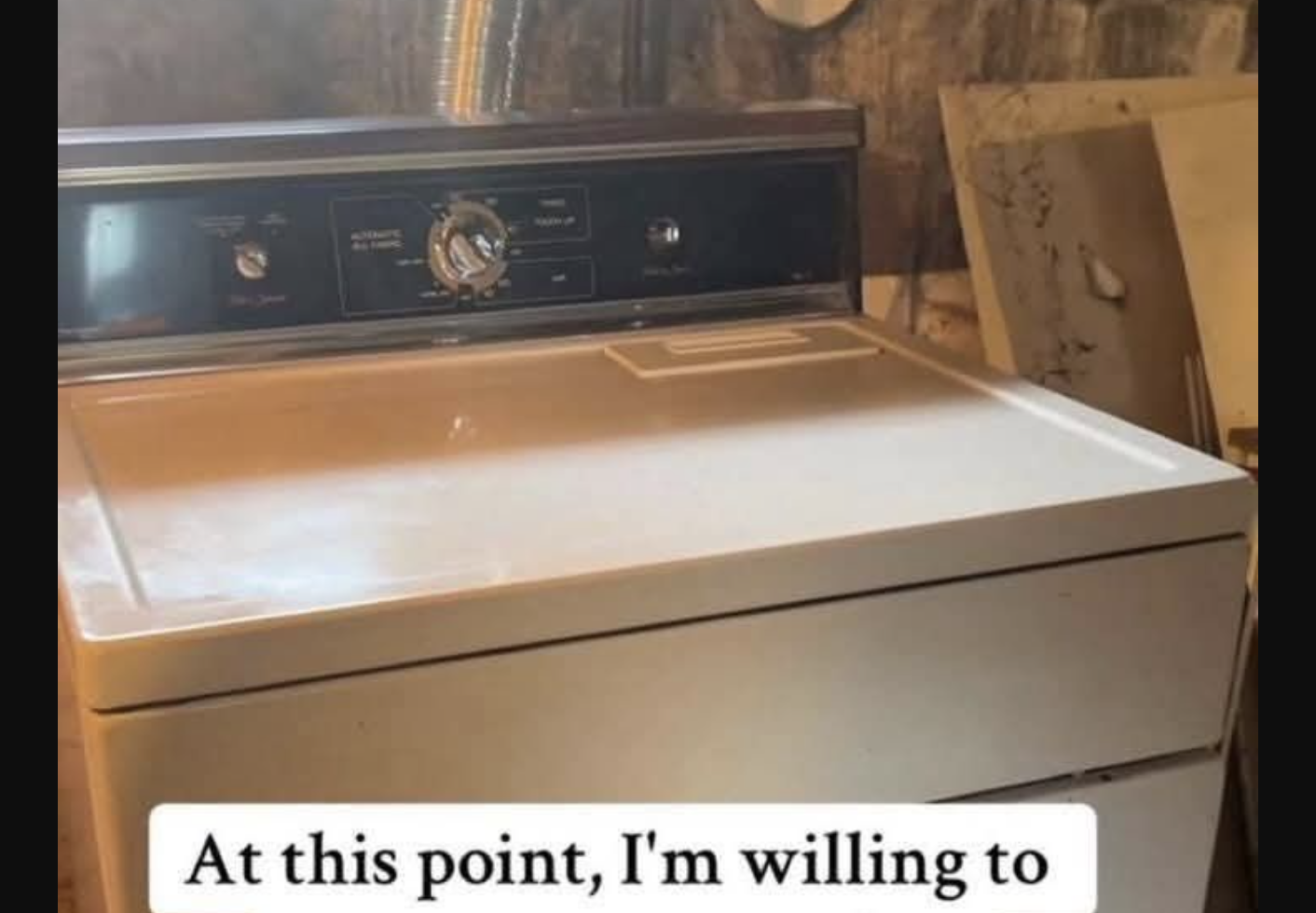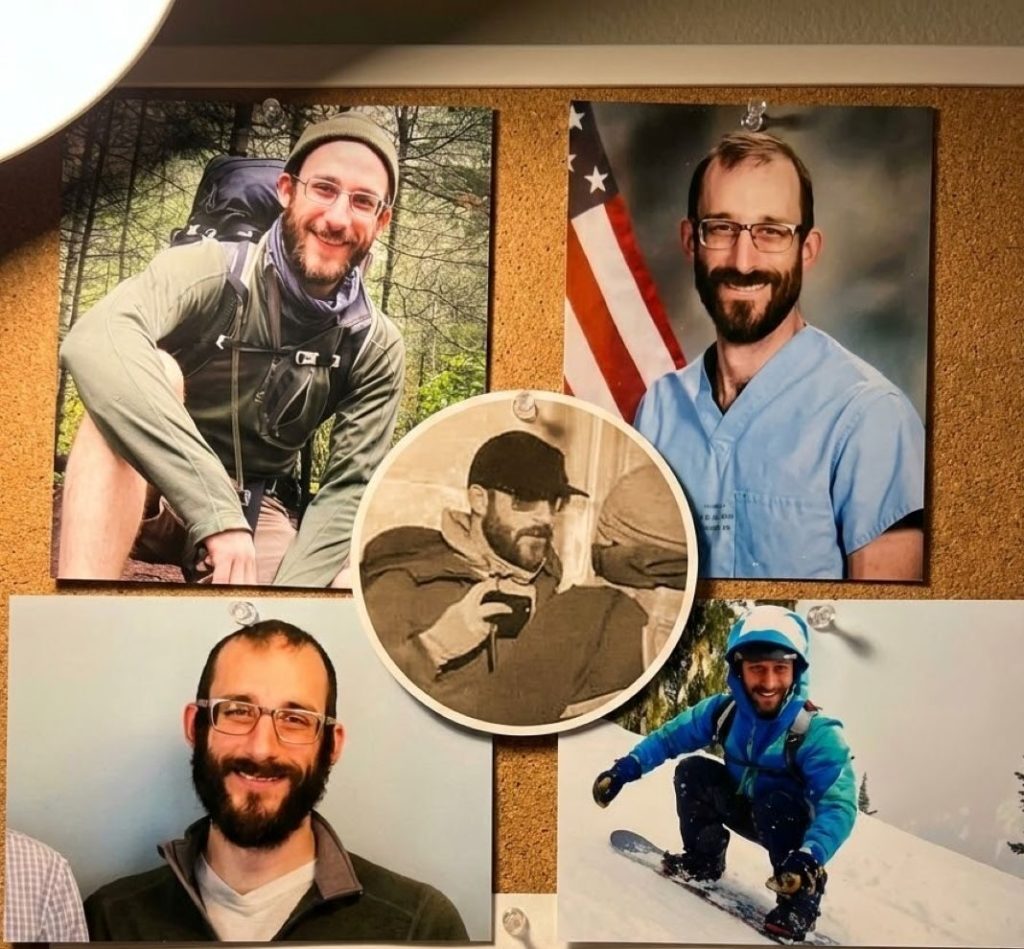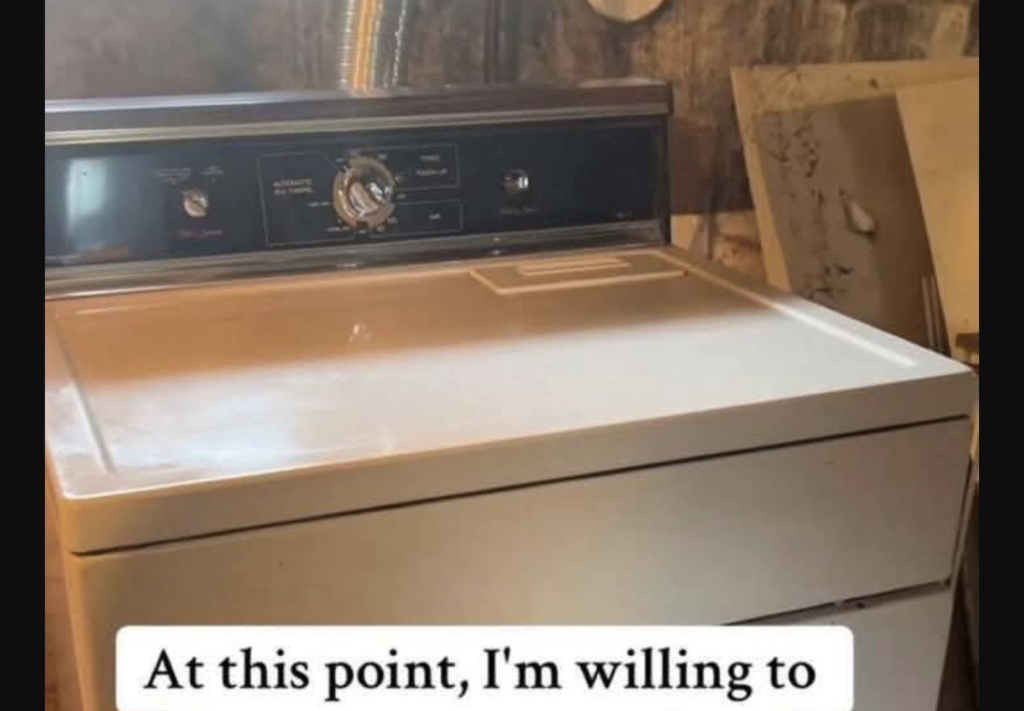My brother, Marcus, has three children with three different women. He frequently reaches out to me, requesting financial help to care for his lively group of kids. Eventually, I reached my breaking point and confronted him: “Why do you keep having children you can’t support? Consider a vasectomy!” He fell silent for a moment before revealing a surprising truth: “I want to feel like someone depends on me.”
His words caught me off guard. He sat on the edge of my couch, head bowed, almost as if he felt ashamed. I blinked, wondering if he was joking, but his expression was earnest.
“You’re having kids… to feel needed?” I asked, trying to process his reasoning.
He nodded slowly. “When things are good with their moms, I feel like I’m someone important. Like I’m creating something meaningful.”
I shook my head in disbelief. “But then you leave, or they leave, and you end up back here, asking for money.”
He didn’t respond. He looked exhausted, and for the first time in years, I saw him in a new light—not merely as the reckless brother who couldn’t get his life together, but as someone grappling with a void he didn’t know how to fill.
Still, I had to be honest with him.
“Feeling needed is understandable, but children aren’t a solution for that,” I told him. “They’re people. They need diapers, school supplies, a stable home. You can’t just drift in and out of their lives when you’re feeling lost.”
He flinched, clearly stung by my words, but I knew I was right.
The next day, he sent me a text: Thank you for yesterday. I know I’ve made a lot of mistakes. I’m reflecting on what you said.
I didn’t respond immediately. I’d heard his promises before—“I’ll change,” “This time will be different,” “I’m starting a job soon.” They always sounded convincing, but the follow-through was rare.
Two weeks went by without a word. I assumed he was back with the third mother or crashing on someone’s couch. Then, one evening, he called.
“I got a job,” he announced.
I sat up, surprised. “Wait, really?”
“Yeah, at the warehouse near Elm Street. It’s full-time. Nothing fancy, but it’s reliable.”
I wasn’t sure if I believed him, but I offered congratulations anyway. Maybe this was a turning point.
Over the next few months, I noticed a shift. He began arriving on time, paying for his own meals when we went out, and even buying clothes for his kids without my help. I started to feel a cautious hope.
Then came the biggest surprise: he told me he was attending therapy.
“It’s free through work,” he explained. “Part of the benefits.”
That struck me more than the job news. My brother, who once scoffed at the idea of therapy, was finally working on himself.
I asked what motivated him.
“You,” he said simply. “That day on your couch. You didn’t hold back, and I needed that.”
He began spending meaningful time with his children—not just the social media highlight-reel moments, but the real, everyday responsibilities. School drop-offs, helping with homework, making breakfast. He even worked with the mothers to establish proper co-parenting arrangements.
I never thought I’d say this, but I started to feel proud of him.
Then, one afternoon, I received a call from an unfamiliar number.
“Is this Marcus’ brother?” a woman asked.
“Yes,” I replied, instantly alert.
“This is Laila. I’m… well, I suppose I’m the fourth.”
My heart sank.
She continued, “I’m pregnant. Marcus told me he’s trying to be better, but I’m not sure. He said he had a vasectomy.”
I felt my stomach churn.
“He said what?” I managed to ask.
“He told me he was fixed, so we didn’t use protection. But I’m seven weeks pregnant.”
I thanked her for calling and hung up, stunned. I sat on my porch for hours, staring into the distance.
That evening, I confronted Marcus.
“You lied,” I said before he could speak.
There was a long pause.
“Laila called me,” I continued. “You told her you had a vasectomy.”
He didn’t deny it. “I thought I was ready to be different. I really care about her, but I panicked.”
“Do you realize what you’ve done?” I said, my voice sharp. “This isn’t just a mistake. It’s deceit. You told her something that wasn’t true, and now she’s pregnant.”
“I know,” he said, his voice heavy.
I was furious—not only because he’d messed up again, but because I had started to believe he was changing.
That night, I couldn’t sleep. I kept thinking about his three kids, who were finally seeing their dad step up, and now another child and mother were being pulled into his chaos.
A week later, he called again.
“I told Laila the truth,” he said. “That I wasn’t fixed. That I panicked because I thought she’d leave if she knew the real me.”
I stayed silent.
“She’s keeping the baby,” he added softly. “And she doesn’t want me involved unless I get serious help.”
I let out a wry chuckle. “She’s smarter than most of us.”
But even in my frustration, I noticed something different. He had come clean when he could have run away.
Three weeks later, Marcus shared something unexpected. He had enrolled in a 12-week parenting and accountability program through a local nonprofit, designed for fathers who wanted to break their cycle of mistakes.
“I need to confront this,” he said. “All of it.”
I was skeptical, but his tone was different—humble, not defensive.
Weeks passed, and he stuck with it. He sent me photos of his notes from the classes, even a badge for completing week four. He didn’t share them online for attention; he just texted them to me, quietly proud.
By the time Laila’s baby was born, Marcus was sending part of his paycheck to her every month, even though she hadn’t asked.
He didn’t post about it on social media.
He simply showed up.
Gradually, the mothers he had hurt began to trust him again. One let him take the kids for a weekend. Another allowed him to attend a parent-teacher conference.
The turning point came at his parenting class graduation, where he shared his story publicly.
“I thought having kids would make me whole,” he said. “But kids don’t fix you. They reveal you. They show every decision you’ve made.”
He paused, his eyes glistening.
“I’m not a great man yet. But I’m working to become one. Not with words, but with actions. Starting today, tomorrow, and every day after.”
The room was filled with emotion. I stood in the back, arms crossed, struggling to keep my composure.
Afterward, he approached me and hugged me tightly.
“I’m sorry,” he whispered. “For everything.”
This time, I believed him—not because of his words, but because of his actions.
A year later, Marcus has a steady job, his own apartment, and sees his children weekly. He sends books, attends birthdays, and video calls when he can’t be there in person.
He still stumbles. He’s not perfect.
But he takes responsibility now.
Surprisingly, Laila and Marcus aren’t together. She needed space, and he respected her decision. Yet they co-parent better than I expected.
I ran into Laila at a coffee shop recently, and she said something that stuck with me.
“He’s a good dad,” she told me. “Not flawless, but he tries. And that’s what matters most.”
I often think about how close Marcus came to losing everything—every relationship, every bond. He didn’t need more children; he needed to confront the man he saw in the mirror.
The lesson I’ve learned is clear:
It’s never too late to change your path. But change doesn’t come from apologies or tears—it comes from consistent effort, humility, and taking responsibility for your mistakes.
If someone you care about is genuinely trying, don’t give up on them too soon. And if you’re the one feeling lost, know this:
You are not beyond hope. But you must take the first step forward—and keep walking, one honest step at a time.
If this story resonates with you, share it. Spread the message. Someone out there might need to know that hitting rock bottom isn’t the end—it’s a chance to begin again.
